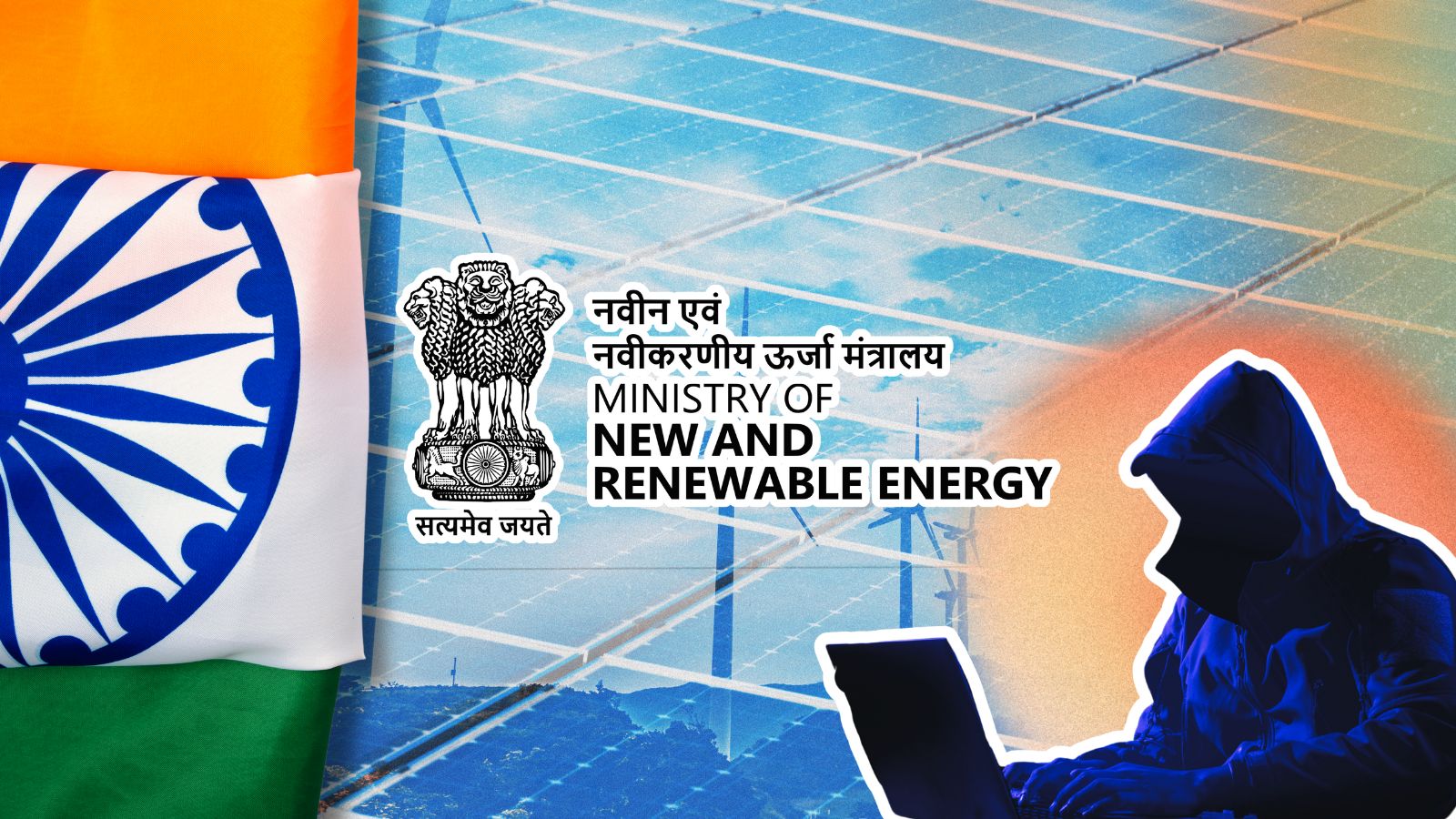
Google Is Taking Steps to Prevent Geo-Tag Hijacking on Android 11
- Starting from Android 11, users will no longer get a prompt to select a camera app when needed.
- Every image capturing action invoked by a third-party app will automatically launch the default camera app.
- This is to prevent malicious, abusive, or shady GPS data collection from chat and social media apps.
An important security and privacy-protection change is set to arrive with Google’s next major Android release, version 11. The camera picker will be removed entirely, so users won’t have the option to select a camera app to capture an image when launching the action from within another app.
This option was placed there to help developers of third-party software (like chat apps, auction apps, social media apps, and anything else that needs image-taking) prompt the user to select the preferable app. On Android 11, there will be no option, and users will get the phone’s in-built camera app.
The purpose of this change is to limit the risk of geo-tag hijacking by third-party apps since Google just doesn’t feel comfortable with the privacy and security implications that arise from giving users the option to select a camera app.
Some developers are already objecting to this decision on the Issue Tracker, where the change has been confirmed, voicing concerns about Google locking down Android and depriving users of having options. Instead, they suggest that the prompt should stay and Google should just prevent the setting of a third-party camera app as the default in a device.
It is true that some apps like TikTok, for example, abused the link to third-party camera apps to grab the users’ GPS coordinates (and a lot more), whereas the built-in camera app won’t do that. If you’re sporting a Pixel phone that uses the awesome GCam, this news should be “no big deal” to you.
However, if you rely on a GCam port for a non-Google device, or if you are using any other third-party app that suits your preference and needs better than the default app, this change will be quite annoying. It practically means that you’re stuck with whatever image quality your default camera app can produce.
Of course, a simple workaround to this would be to capture the image using your camera app of choice, and then manually upload/import it to the social media or chat app you want to use it on. However, this is a tribulation that comes at a time cost for the users - so there’s a trade-off here that many rightfully don’t find analogous to the mitigation of the associated privacy risks. For Google, this matter has already been cleared in the recent past when the problem was discovered to be a lot more extensive than many would like to believe.






